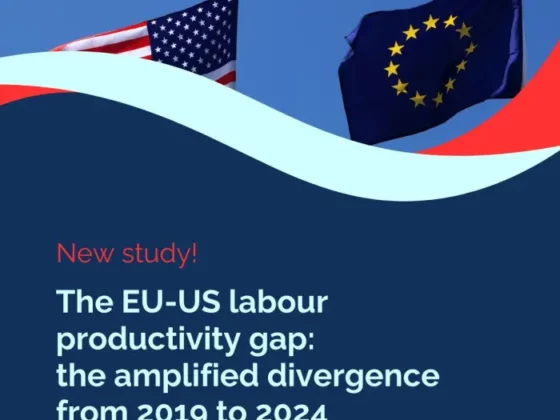Manual work, fragmented systems, and slow tech adoption keep hotels from unlocking the full potential of direct bookings, automation, and data-driven decisions
Jul 18, 2025
The State of Distribution 2025 report—produced by HEDNA, NYU’s Tisch Center of Hospitality, and RateGain—offers a timely benchmark for hotel leaders navigating a complex, tech-driven distribution landscape. Based on insights from over 700 hotel brands across 21,000 properties, the study reveals that manual workloads, fragmented systems, and a cautious approach to AI continue to hinder commercial progress. As the industry moves toward integrated strategies that unify marketing, distribution, and revenue management, one thing is clear: success depends not on more technology, but on smarter, better-connected teams and tools.
Key takeaways
Where and how guests are booking
- No dominant channel: Hotel bookings are nearly evenly split among OTAs (21%), brand.com/direct digital (19%), voice (21%), GDS (18%), and walk-ins/group (21%).
- Direct bookings are gaining parity with OTAs thanks to improved brand.com performance, loyalty programs, and metasearch tools.
- Voice remains strong among corporate assistants and older demographics—particularly for complex or bundled itineraries.
- GDS bookings remain resilient, boosted by business-leisure (bleisure) trips and longer stays.
- Diverse demand segments help stability: Hotels catering to both transient and group business weather demand fluctuations better.
Distribution is still Manual—and stretched
- 80% of hotels spend up to two days a week compiling reports—especially distribution teams, which often lack dedicated tools.
- Parity monitoring and ARI (availability, rates, inventory) updates continue to be done manually, even in large chains.
Direct booking ambitions outpace martech investment
- While interest in driving direct bookings is high, most hotels rely on external agencies for paid search, social media, and metasearch.
- In-house Martech capacity is low, particularly among independents and mid-sized chains, limiting campaign agility and ROI tracking.
Tech budgets focus on integration, not innovation
- Hotels are prioritizing consolidation and integration of tech stacks over new features or AI tools.
- AI adoption ranks lowest on the priority list across all hotel types due to ROI uncertainty, lack of internal expertise, and integration challenges.
Download the full report at HEDNA






